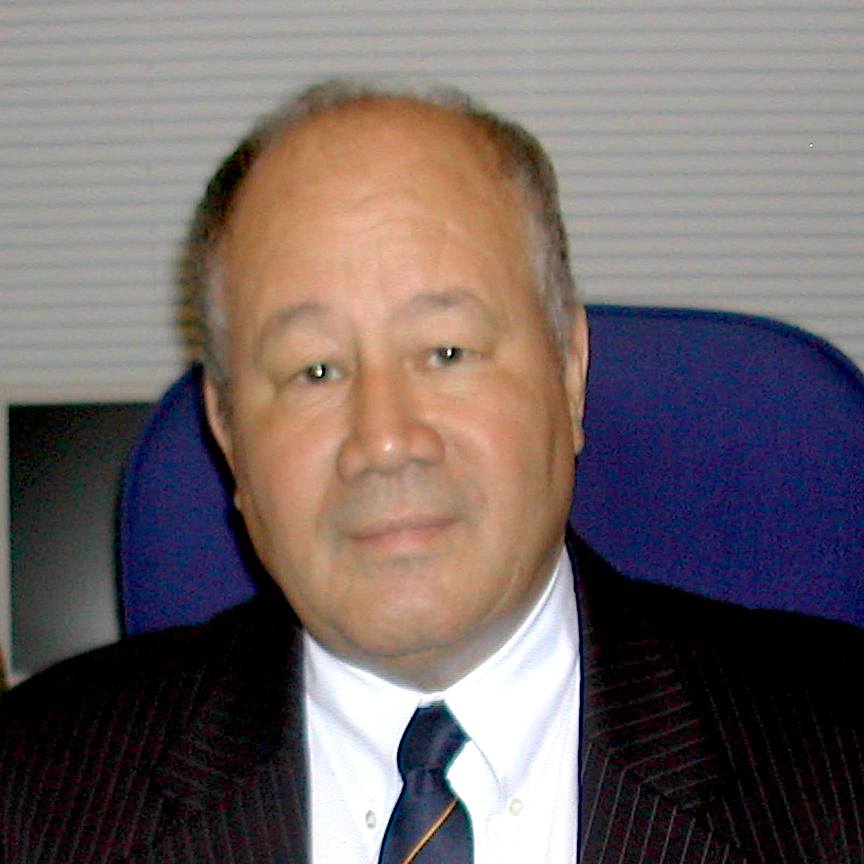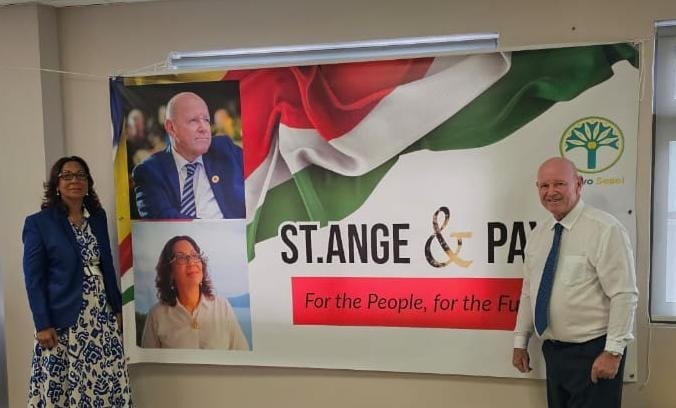It may be the end of the TRNUC’s mission, but the pain goes on for the victims
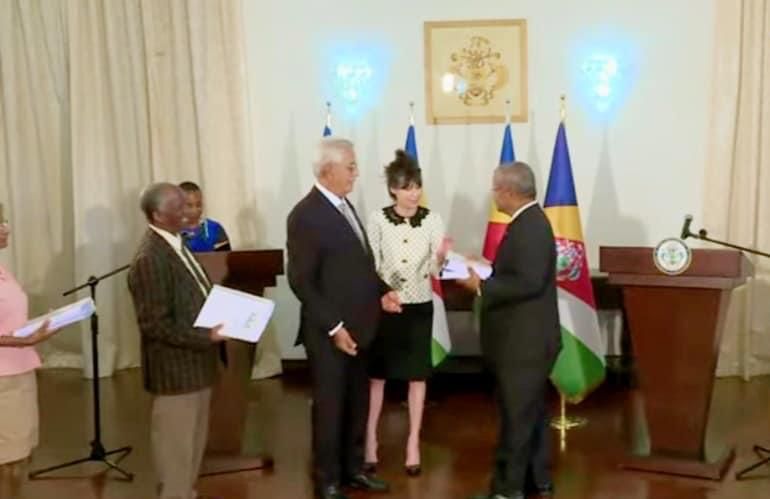
By Lewis Betsy
It has been a long and painful journey, but at last the Truth, Reconciliation and National Unity Commission has handed in its report to the President.
I fear the worst while still desperately hoping for the best.
I would like to thank the commissioners and the staff at TRNUC for the difficult and complex job they have done for the people of Seychelles over the past three and a half years.
They have completed a challenging task with limited funds.
The chair of the Commission, Gabrielle McIntyre, said we need to work together to achieve reconciliation and unity in Seychelles. Her words were echoed by President Wavel Ramkalawan, but they both indicated the difficulties the Commission – and Seychelles society – have faced since the Commission’s inception in 2018.
Mrs McIntyre said: “I am extremely proud of the work achieved by the Commission in exposing the past in Seychelles, of the closure it has brought to many of the complainants, and of the stepping stone it has created for a better future for all Seychellois.”
She went on: “The Commission hopes that its work will be used for the benefit of all Seychellois and not as a means of deepening the political divide in the service of party political interest.”
President Ramkalawan said: "I hope that we will achieve national reconciliation, though again I share your feelings that there may have been instances where we could have moved a little further, but were hindered by specific thoughts and comments that actually sought to destroy the work of the Commission.
“I'm happy that the Government has provided all the assistance to the Commission, even though at times, yes, it was tough, but the financial situation of the country did not allow us to give everything.”
He went on: “National reconciliation is not easy, I know how difficult it can be. Not everyone is ready to look at things in a new perspective, but as a Government, we must continue with this idea of national reconciliation and unity for the people of Seychelles.
“If there is no unity, if we do not reconcile, it would not be a good thing for our people, we would end up crashing into rocky reefs and this would be a sad ending.”
As a great believer in reconciliation and unity, I respect their views and the effort everyone has put in. However, I feel unhappy about how things are turning out.
The TRNUC was established to work on settling divisions and grievances that were a result of the 1977 coup d’état. The Commission registered 371 case reports and completed 124 reports. There were 272 hearings which saw 1,164 people give testimony. A third of the cases concerned land issues.
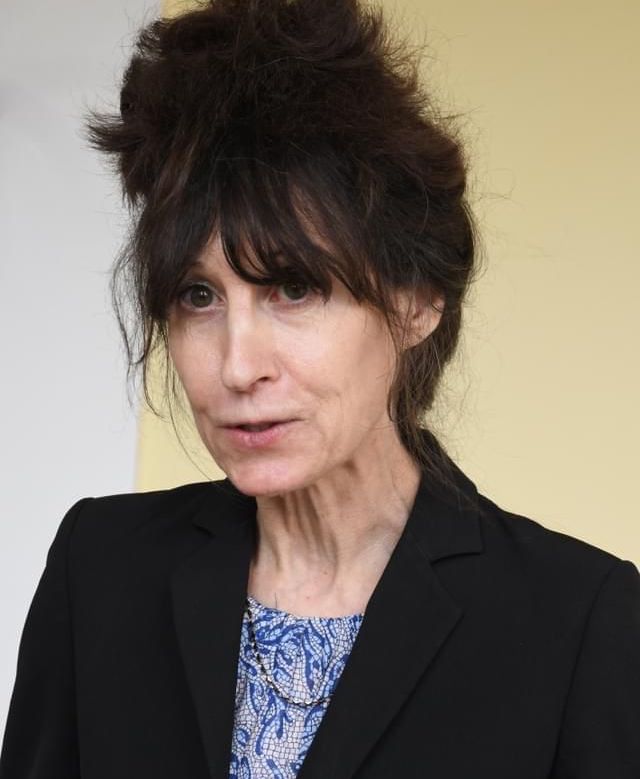
It was a big call and Mrs McIntyre said at the handover: “The Commission is acutely aware that its final report will not satisfy every Seychellois.”
She said the Commission appreciates that “for these complainants the work of the Commission will be disappointing and may be perceived as a form of revictimisation. This was not the intention of the Commission.”
She is right. I have misgivings and I fear that my analysis of the situation in Seychelles Life last August (https://www.seychelleslife.co.uk/news/search-result/34973/) will be proven correct.
Everything I said then is coming to pass.
After all this time, the victims – and I and my wife are among them – find themselves still fighting for justice and, despite what Mrs McIntyre says, we are nowhere near closure.
A handful of perpetrators have been seen by the Commission and granted amnesty. I am talking of about six. Were there really only six men guilty of crimes from the 1977 coup left today in Seychelles?
I think not. The majority of perpetrators never bothered to come forward.
It means that there are killers out there, walking the streets of Mahe, Praslin and La Digue, who will now never have to face the might of the law.
The former President James Michel, who by association alone must surely be brought to account, is able to freely enjoy his life.
They all turned their backs on the TRNUC and everything it represented.
However, the victims are still bearing the burden of loss and injustice. They know that the guilty will live untroubled lives and they fear that any compensation due to them may not appear. Why? Well, simply, the government has no money.
The LDS used the promise of the TRNUC to get in to power. Now they are playing tactics, moving the goalposts to avoid the natural follow-up: paying the victims what is deserved.
The TRNUC has failed the victims again and there’s nothing we can do. I personally think it is another slap in the face for us.
You also wonder how much the TRNUC has cost the country for the past three and a half years. The next step is the appointment of a new body to deal with issues brought by the TRNUC. How much will that cost?
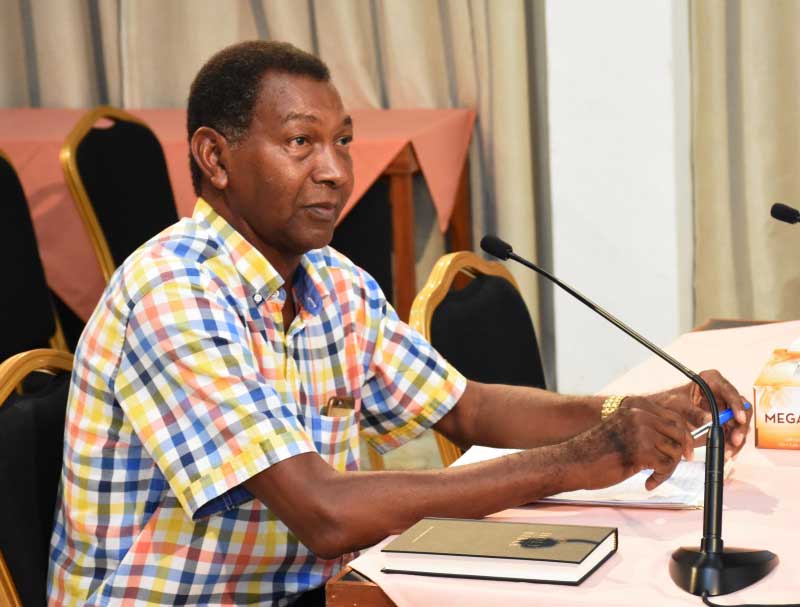
I gather that three members have so far been appointed. It will also include Michael Green, Jack Koui and Bishop Wong from the Commission who asked to stay on to continue the process.
I hope that the setting up of the new board is not another idea to delay things again. It would be cynical to think a compromise resolution to the cases would be offered shortly before the next general election.
Timing of course is everything.
It is equally possible that matters would be eased for the government if some of the victims had passed away by then. We are, after all, an increasingly elderly section of the community.
In the meantime, we, the people of Seychelles, must pick up the pieces and work together to bring peace and stability to our beloved groups of islands.
Politicians have not been setting a good example. If we take a look at our National Assembly, almost every session features some in-fighting. We’ve had walkouts and the Speaker has had to be on his toes to be able to keep order.
We need more from people other than discredited politicians. Church leaders, business bosses and community champions could, and should, play a greater part in achieving harmony on our islands.
We want a level playing field for all and, in particular, justice for the victims. Then the next generation can prosper.








